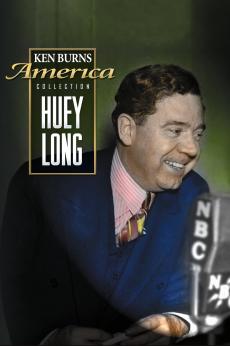Schedule
There is no broadcast information available at this time.
PBS PASSPORT
Stream tens of thousands of hours of your PBS and local favorites with WETA+ and PBS Passport whenever and wherever you want. Catch up on a single episode or binge-watch full seasons before they air on TV.
Similar Shows
Poster Image

Stella – A History of War
History
Poster Image

Holy Silence
History
Poster Image

Charlie Russell's Old West
History
Poster Image

Poster Image

Poster Image

Thomas Jefferson
History
Poster Image

The Mayo Clinic
History
Poster Image

The Shakers
History
Poster Image

Lewis & Clark
History
Poster Image

Huey Long
History